Indigenous Governance Database
alternative dispute resolution
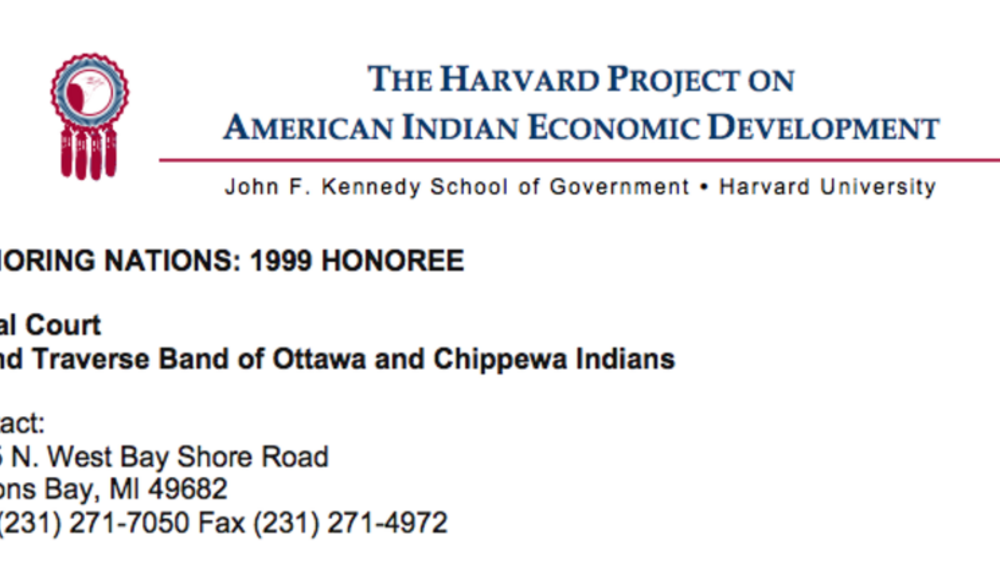
Grand Traverse Band Tribal Court
Constitutionally separated from the political influences of government, the Tribal Court hears more than 500 cases per year, and utilizes "peacemaking" to mediate in cases in which dispute resolution is preferred to an adversarial approach. The Court adjudicates on such issues as child abuse,…
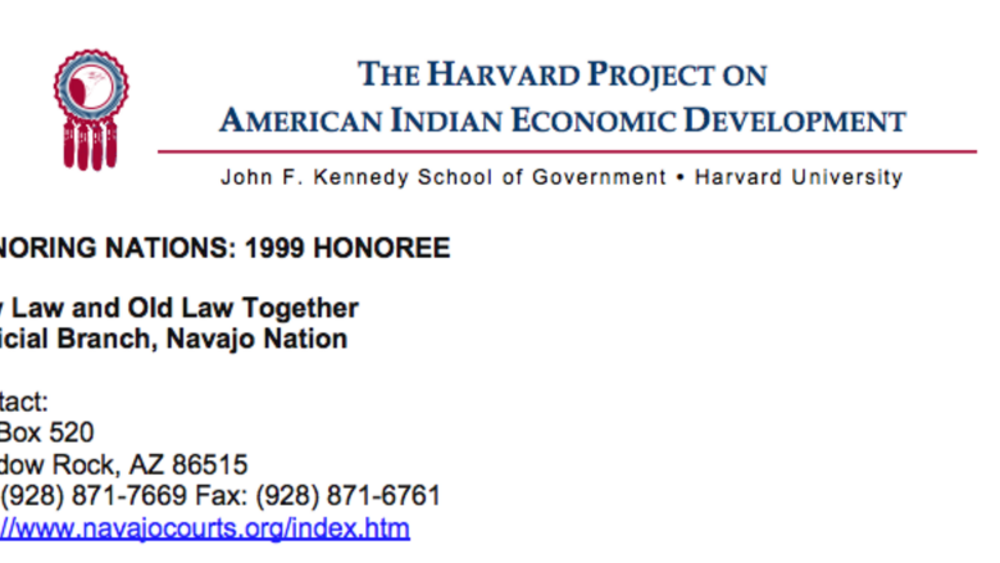
Navajo Nation Judicial Branch: New Law and Old Law Together
The Judicial Branch of the Navajo Nation seeks to revive and strengthen traditional common law while ensuring the efficacy of the Nation’s western-based court model adopted by the Nation. With over 250 Peacemakers among its seven court districts, the Judicial Branch utilizes traditional methods of…
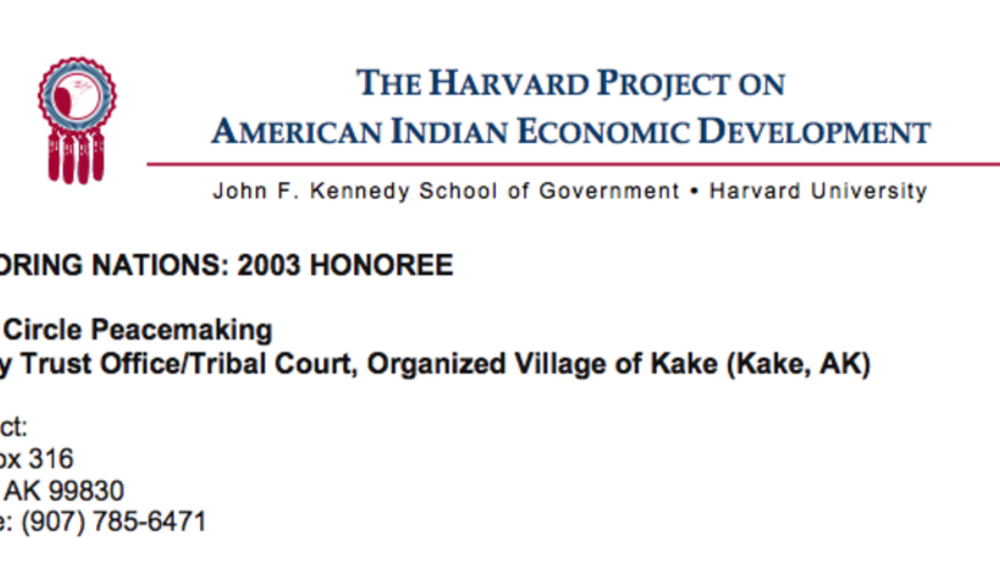
Kake Circle Peacemaking
Restoring its traditional method of dispute resolution, the Organized Village of Kake adopted Circle Peacemaking as its tribal court in 1999. Circle Peacemaking brings together victims, wrongdoers, families, religious leaders, and social service providers in a forum that restores relationships and…
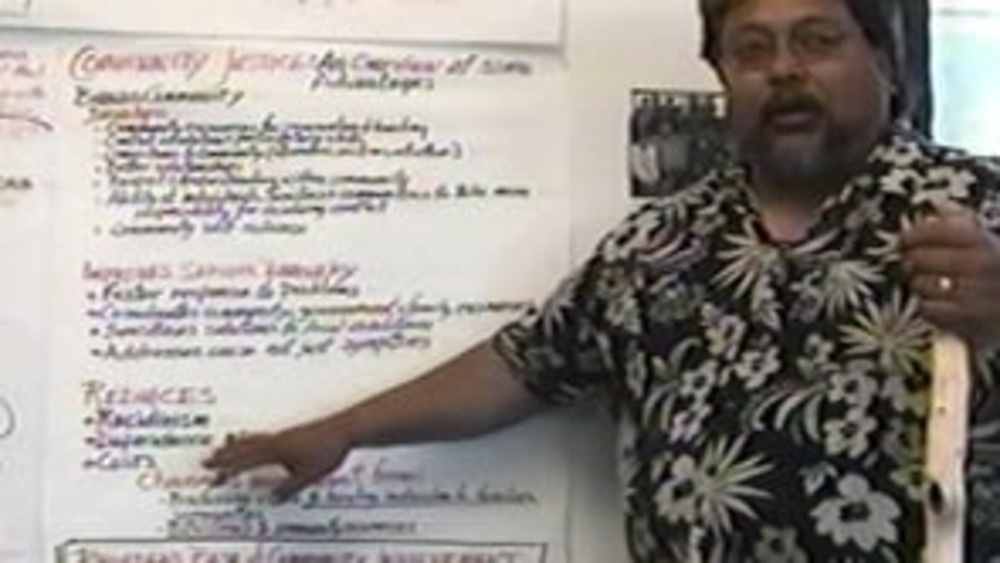
Kake Circle Peacemaking - Overview Video
This video -- produced by the Organized Village of Kake -- depicts the restoration of traditional methods of dispute resolution the Organized Village of Kake adopted Circle Peacemaking as its tribal court in 1999. Circle Peacemaking brings together victims, wrongdoers, families, religious leaders,…
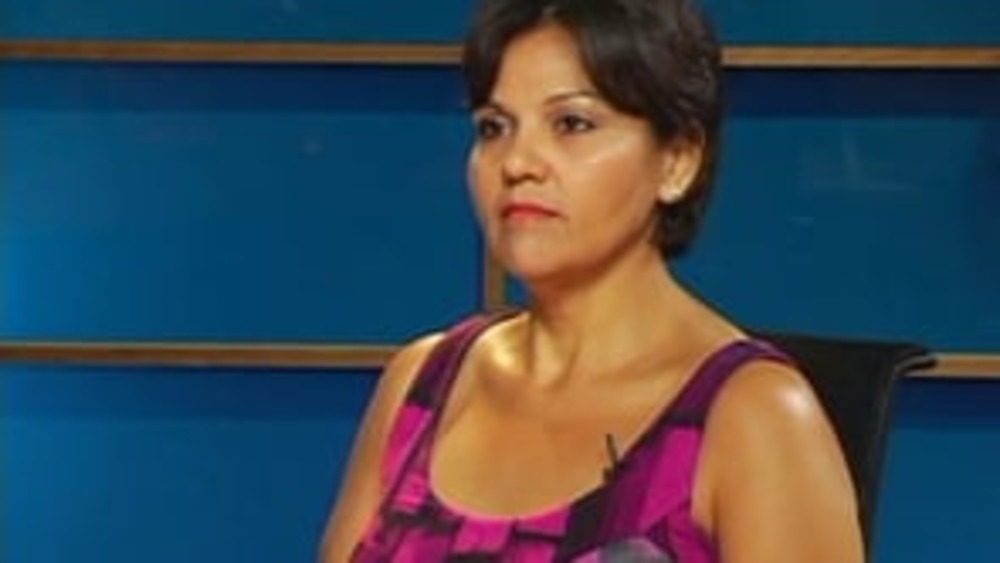
NNI Indigenous Leadership Fellow: Rae Nell Vaughn (Part 1)
Rae Nell Vaughn, former Chief Justice of the Mississippi Choctaw Supreme Court, discusses the critical role that justice systems play in the rebuilding of Native nations and shares how the Mississippi Band of Choctaw Indians has worked to develop its justice system to reflect and promote its…
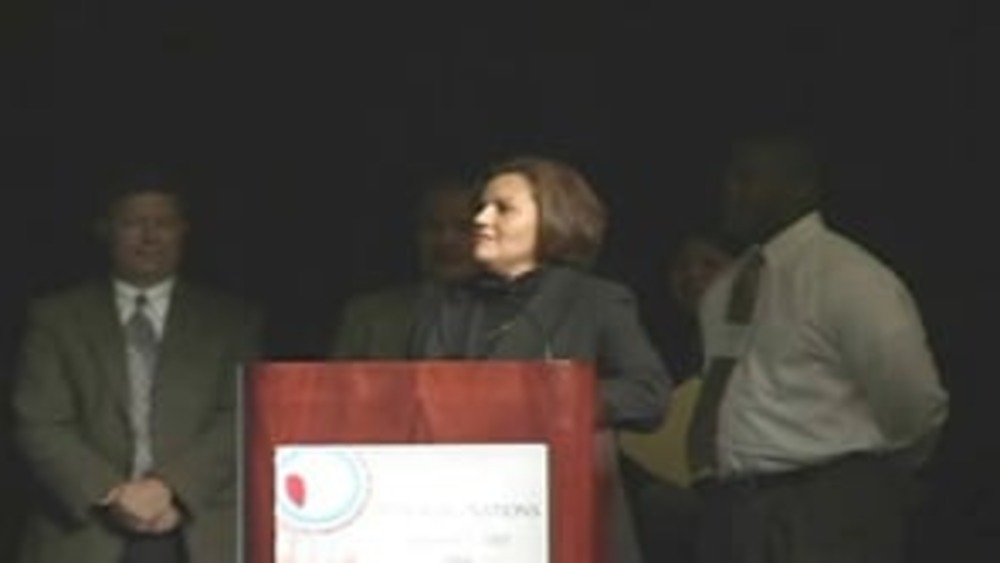
Honoring Nations: Rae Nell Vaughn, Dan Mittan, Henderson Williams, Andrew Jones, and Hilda Faye Nickey: The Choctaw Tribal Court System
Representatives from the Choctaw Tribal Court System present an overview of the court system's development to the Honoring Nations Board of Governors in conjunction with the 2005 Honoring Nations Awards.
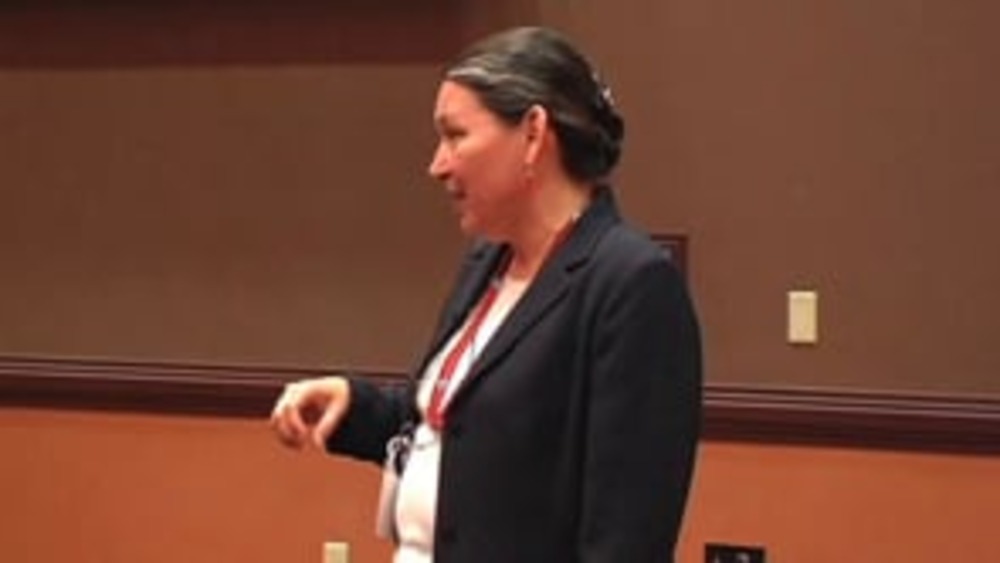
Theresa M. Pouley: Reclaiming and Reforming Justice at Tulalip
Tulalip Tribal Court Chief Judge Theresa M. Pouley shares the long-term, positive effects of the Tulalip Alternative Sentencing Program on the Tulalip tribal community.
Honoring Nations: Theresa M. Pouley: The Tulalip Alternative Sentencing Program
Judge Theresa M. Pouley of the Tulalip Tribal Court discusses how the Tulalip Tribes reclaimed criminal jurisdiction from the State of Washington and then developed the award-winning Tulalip Alternative Sentencing Program, which she explains is a more effective and culturally appropriate approach…
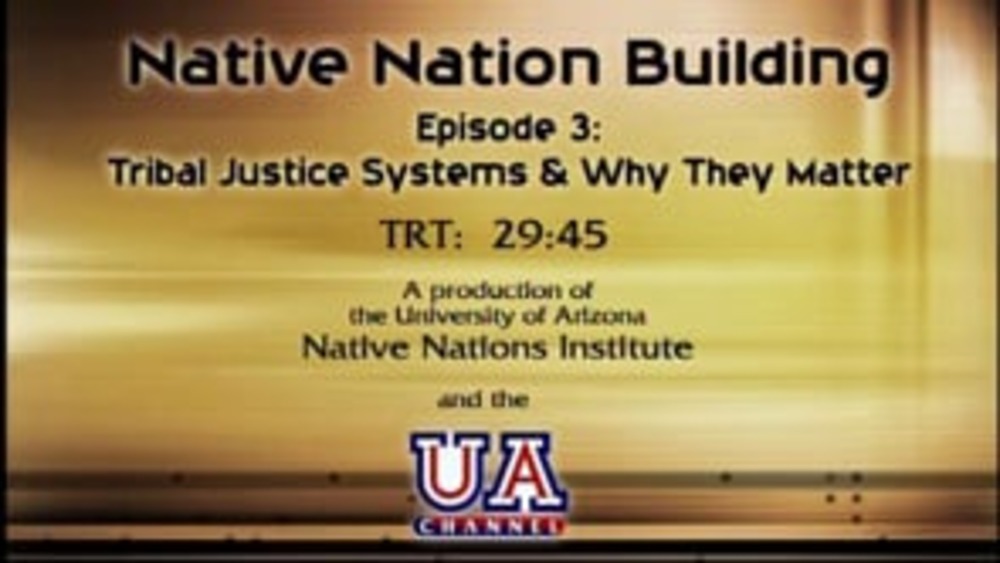
Native Nation Building TV: "Why the Rule of Law and Tribal Justice Systems Matter"
Guests Robert A. Williams, Jr. and Robert Yazzie discuss the importance of having sound rules of law and justice systems, and examine their implications for effective governance and sustainable economic development. They explore these issues and their role in creating a productive environment that…
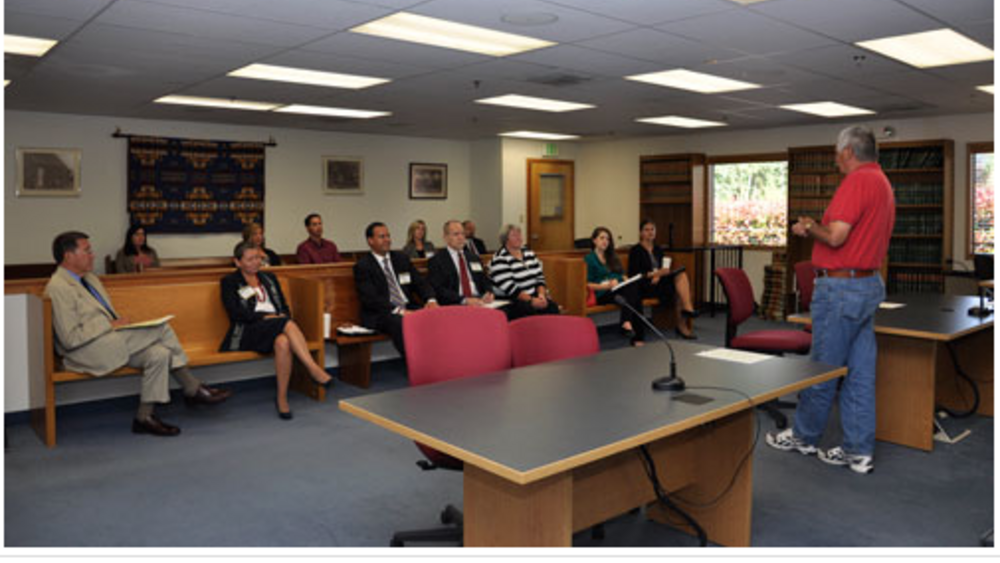
First-time offenders learn accountability through diversion program run by tribal elders
The 2012 Annual Tulalip Tribal Court Report states 415 criminal cases were heard in court. Included in that 415, are 24 newly filed criminal alcohol charges and 69 disposed, meaning judicial proceeding have ended or a case that has been resolved. Also counted in that 415, are 76 newly filed…
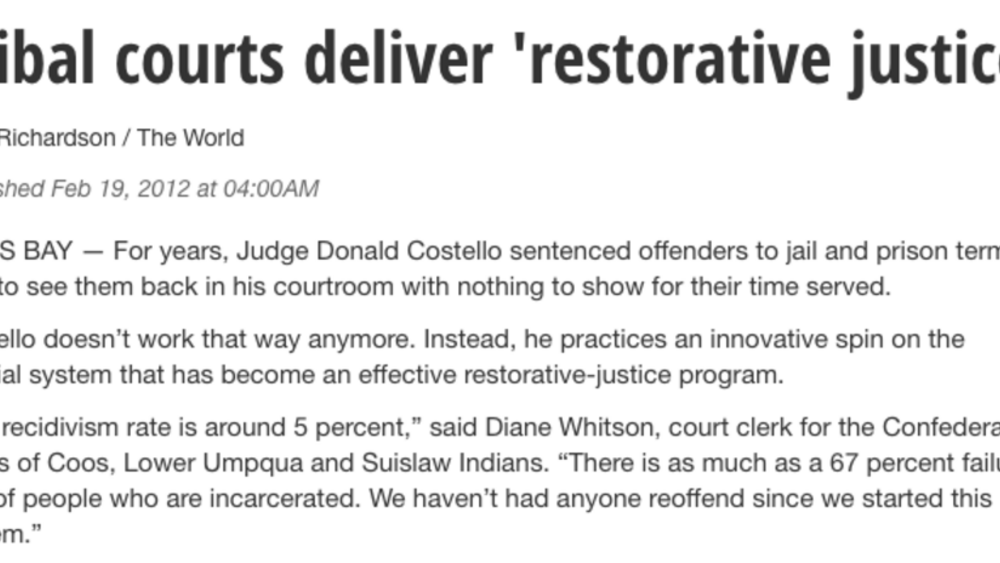
Oregon tribal courts deliver 'restorative justice'
For years, Judge Donald Costello sentenced offenders to jail and prison terms, only to see them back in his courtroom with nothing to show for their time served. Costello doesn't work that way anymore. Instead, he practices an innovative spin on the judicial system that has become an effective…
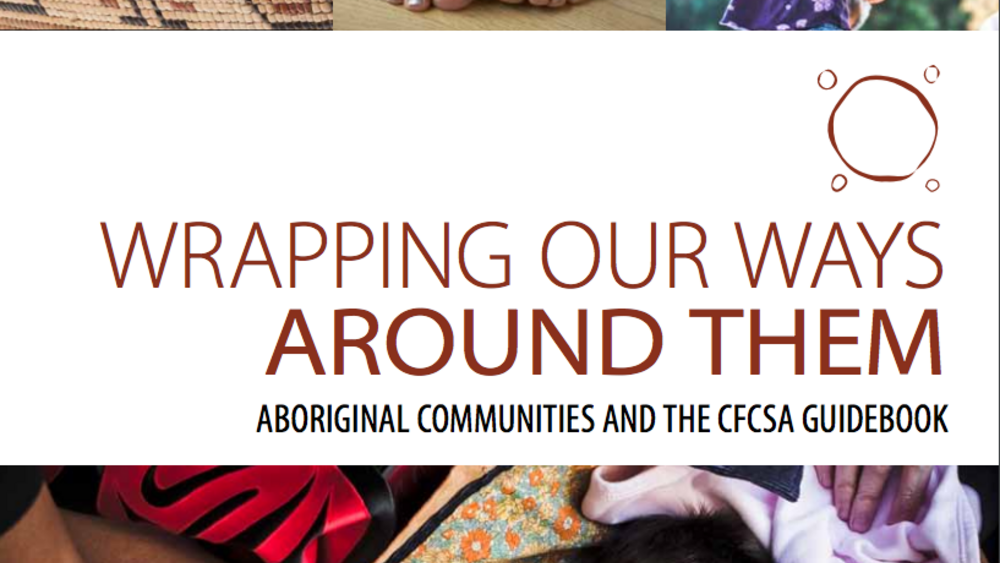
Wrapping Our Ways Around Them: Aboriginal Communities and the CFCSA Guidebook
This Guidebook is based on the belief that Aboriginal peoples need to know, and work with, the systems that impact children and families today such as the Child, Family and Community Service Act (CFCSA), Provincial Court (Child, Family and Community Service Act) Rules (Rules), Child, Family and…
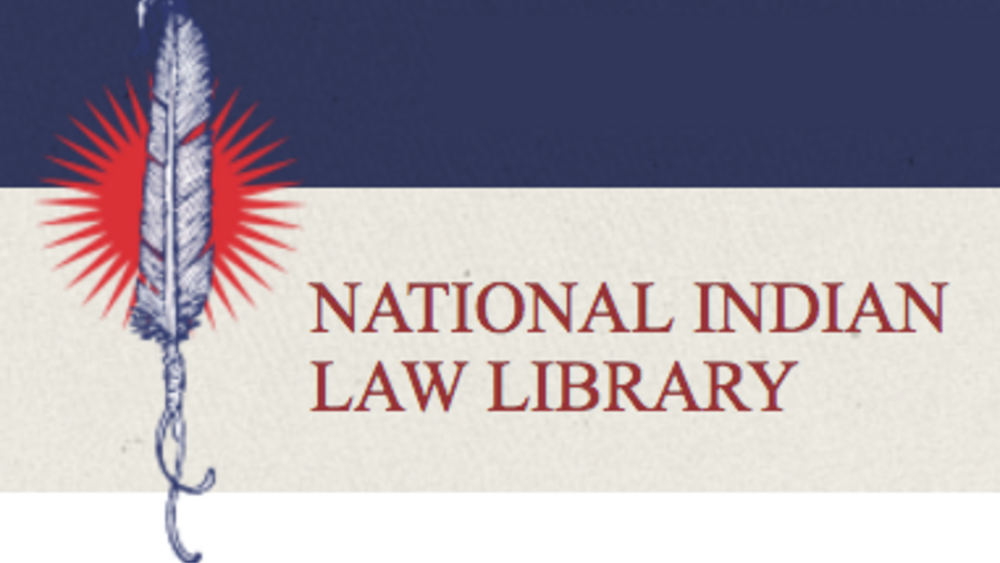
Peacemaking and Conflict Resolution: A List of Resources
The Native American Rights Fund's National Indian Law Library provides a comprehensive list of relevant news stories and academic articles on the peacemaking mechanisms and conflict resolution approaches of Native nations.
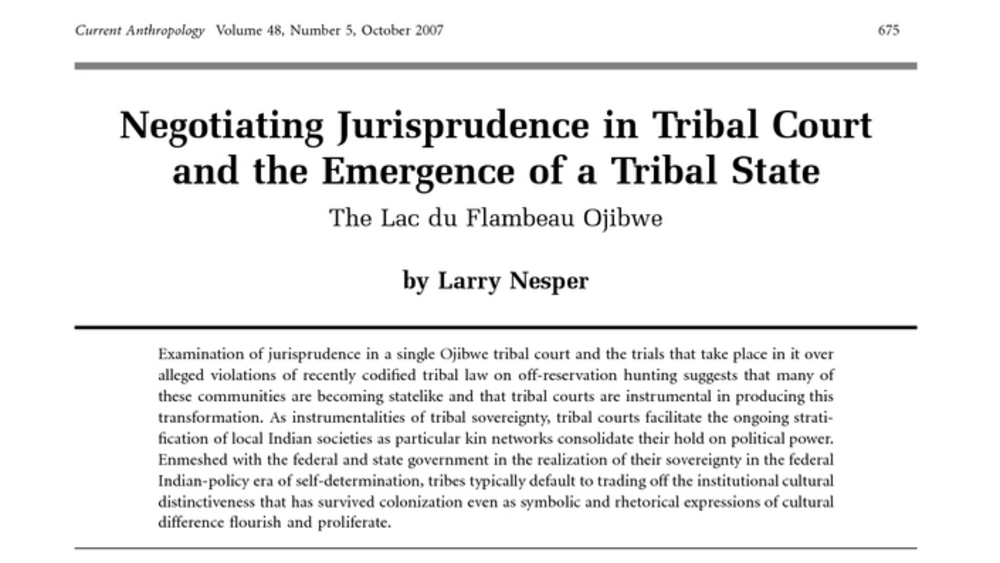
Negotiating Jurisprudence in Tribal Court and the Emergence of a Tribal State: The Lac du Flambeau Ojibwe
The interaction between American Indian activism and changes in federal Indian policy since the 1960s has transformed American Indian tribes from largely powerless and impoverished kinshipâ€based communities into neocolonial statelike entities (Wilkinson 2005).1 Representing themselves as distinct…
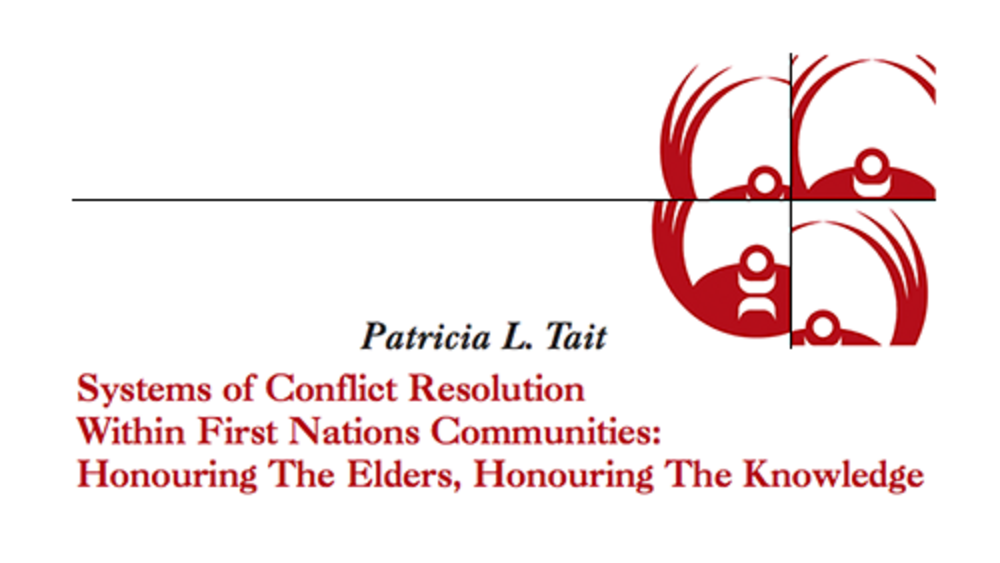
Systems of Conflict Resolution Within First Nations Communities: Honouring The Elders, Honouring The Knowledge
First Nations people are well aware that many of our governments and citizens struggle to move beyond the violence and dysfunction that characterizes some individuals, families and communities. Within some community settings, drugs and alcohol prevail, family members are involved in…
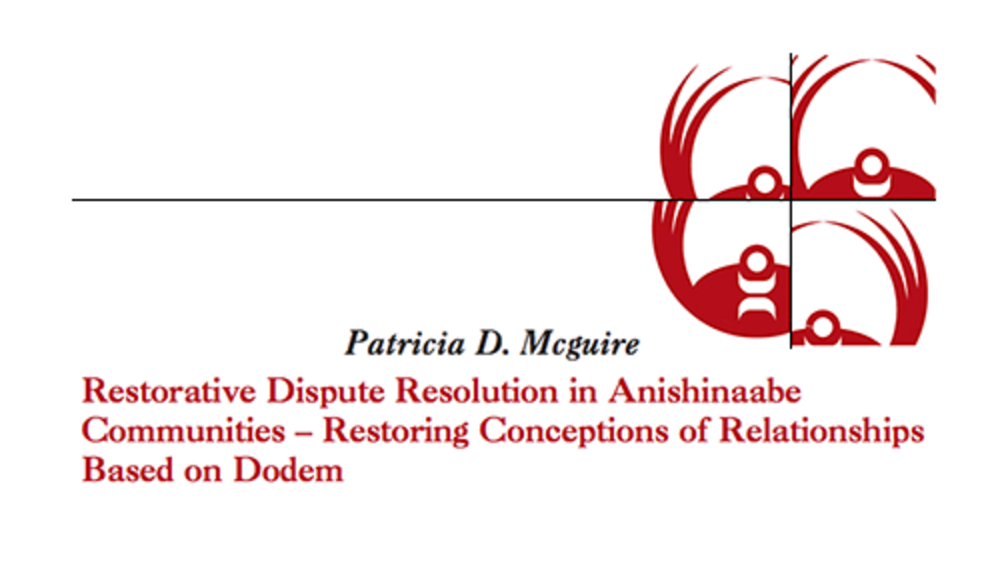
Restorative Dispute Resolution In Anishinaabe Communities - Restoring Conceptions of Relationships Based on Dodem
Social relationships, not political, hold communities together. In Anishinaabe communities, external colonial agencies created changes. External upheavals by colonial governments, education and helping agencies have eroded social structures that nourished communities. Yet, it is the…
